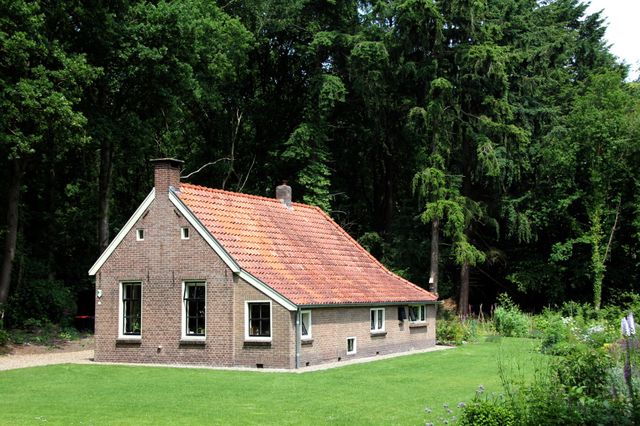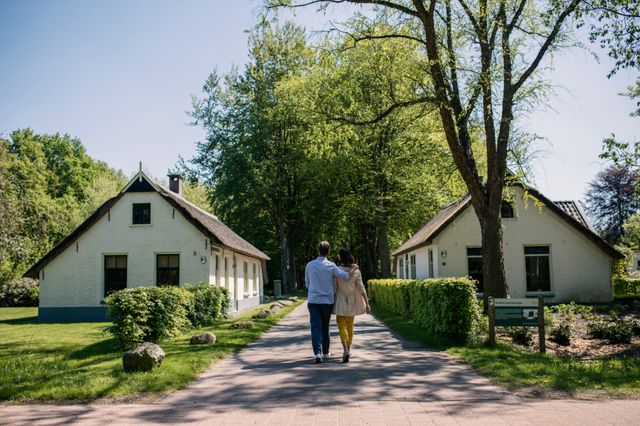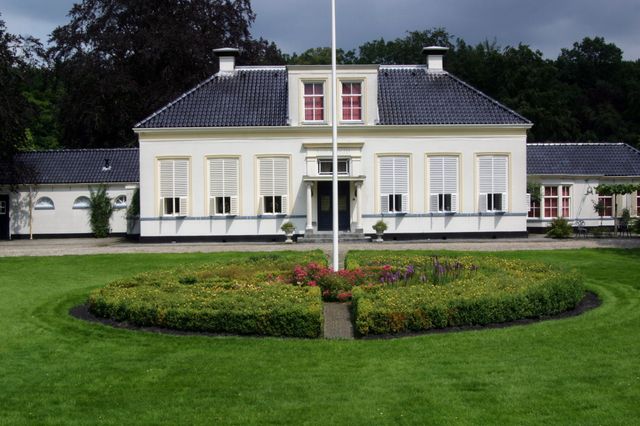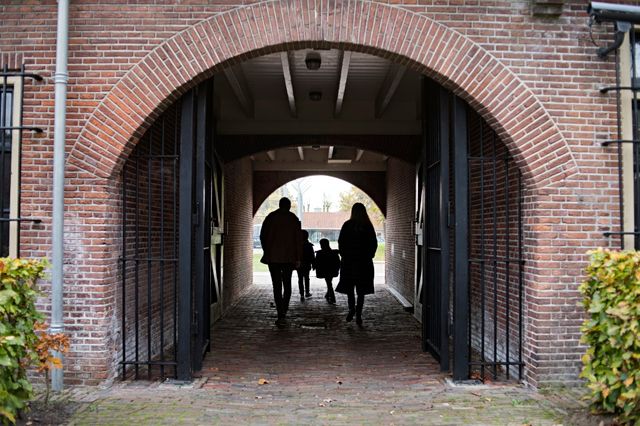The colonies are an important part of our history. After various wars, many impoverished people were left to fend for themselves in the cities. This poverty was a thorn in the side of Johannes van den Bosch, who founded the Society of Humanitarianism in 1818.
Poverty-stricken families, beggars and tramps could go to Drenthe and work in one of the Colonies of Benevolence. They were given a home and a section of land to cultivate. A tough existence, with the colonists taught discipline through labour and education, so that they could eventually provide for themselves.
The Society of Humanitarianism established seven colonies in total. Two were for impoverished people who opted for life in a colony voluntarily. Beggars and vagrants were forcibly detained in the other five. The penal colonies were large, densely-populated institutions where residents were guarded day and night; they were effectively held captive.
More information

Frederiksoord laid the groundwork for the current Dutch welfare system. It's where the first colony cottages were built. Johannes van den Bosch’s social experiment was not as successful as he had hoped. The colonists never lost the stigma of having stayed in the colonies. Nevertheless, the colonies served as the foundation for various laws and institutions that have greatly improved the lives of the poor.
Tip: Learn all about the rich and unique history of the Drenthe colonies in museum De Proefkolonie.


Anyone who goes to Veenhuizen feels something unique took place here. You'll see stately lanes, beautiful cottages and monumental buildings. Many old staff quarters bear inscriptions such as Work is a Blessing, Working is Living and Work and Pray. Texts aimed at getting vagrants and beggars on the right track. This unique place is a must-see if you’re in Drenthe!

